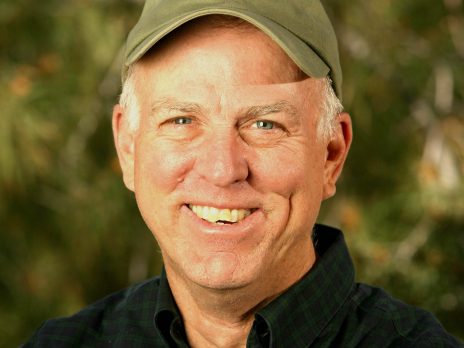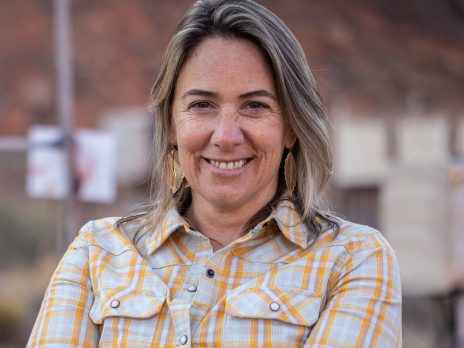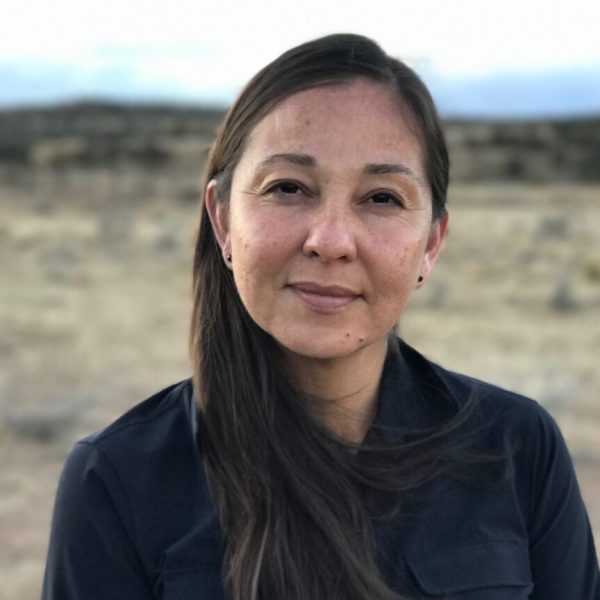Featured speakers
Stephen J. Pyne

Steve Pyne
Monday, September 12, 2022 7:00-8:30 PM, Prochnow Auditorium
Free & open to the public
Steve Pyne is currently a writer, urban farmer, and emeritus professor at Arizona State University. He has written major fire histories for America, Canada, Australia, Europe (including Russia), and the Earth, and most recently The Pyrocene. How We Created an Age of Fire, and What Happens Next. Among books that deal with the Colorado Plateau are Grove Karl Gilbert, a biography of the explorer and geologist, and How the Canyon Became Grand. In a former life he was a member of the North Rim Longshots for 15 seasons at Grand Canyon.
Sasha C. Reed

Finding hope in times of change
Tuesday, September 13, 2022 8:00-9:00 AM, Prochnow Auditorium
Free & open to the public
Dr. Sasha Reed is an ecologist focused on understanding how our planet’s ecosystems work and the factors that determine the services they provide. The study sites and methods Sasha uses are diverse, and with each of her projects she strives to provide scientific information that helps us address challenges, solve problems, and maximize opportunities. Sasha works closely with a range of collaborators – including federal agency partners – in designing research studies, conducting information and technology transfer, and performing outreach activities. Some of her primary research interests include understanding how drought and increasing temperatures affect ecosystems, exploring a diversity of energy options for meeting national demand, assessing the consequences of exotic plant invasion and ways to combat them, and establishing innovative management options for increased effectiveness and efficiency in restoration and reclamation. Sasha has won numerous awards for her research, including the Presidential Early Career Award for Scientists and Engineers from President Obama, and she loves working for the U.S. Geological Survey because of its mission to serve the public good through science.
Nicole Horseherder, Diné

Away from coal, returning a borrowed future
Wednesday, September 14, 2022 7:00-8:30 PM, Prochnow Auditorium
Free & open to the public
As a part of their 30th anniversary celebration, the Institute for Tribal Environmental Professionals (ITEP) is pleased to introduce their keynote speaker, Nicole Horseherder, who has long been a water protector and climate advocate speaking on behalf of her Diné communities.
Nicole Horseherder, Diné, is from the Black Mesa region of the Navajo Nation. Nicole is one of the original founding members of Tó Nizhóní Ání and has been an active member since its establishment. Nicole is a graduate of the University of Arizona with a Bachelors in Family and Consumer Resources. She received her Master of Arts in Linguistics from the University of British Columbia, Vancouver, B.C. Canada.
Nicole began her work with Tó Nizhóní Ání as an outreach coordinator and interpreting hydrology and legal documents for Diné communities fighting coal-mine impacts. Today Nicole is leading efforts towards transition away from fossil fuel development in the Navajo Nation. Outside of Tó Nizhóní Ání, Nicole enjoys her time with family, horses, ceremonies, and traveling.